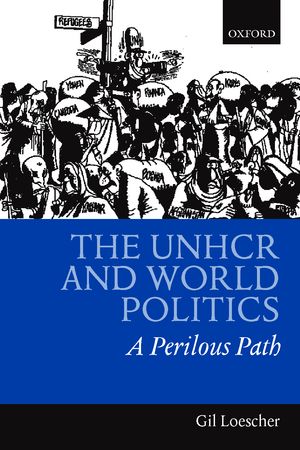
More than 50 years ago, governments established the Office of the United Nations High Commissioner for Refugees (UNHCR) to protect the world's refugees. The UNHCR was created to be a human rights and advocacy organization, but governments also created the agency to promote regional and international stability and to serve the interests of states. Consequently, the UNHCR has always trod a perilous path between its mandate to protect refugees and asylum seekers and the demands placed upon it by states to be a relevant actor in world politics.;This is an independent history of the UNHCR. Gil Loescher, one of the world's leading experts on refugee affairs, draws upon decades of personal experience and research to examine the origins and evolution of the UNHCR as well as to identify many of the major challenges facing the organization in the years ahead. A key focus is to examine the extent to which the evolution of the UNHCR has been framed by the crucial events of international politics during the past half century and how, in turn, the actions of the eight past High Commissioners have helped shape the course of world history.